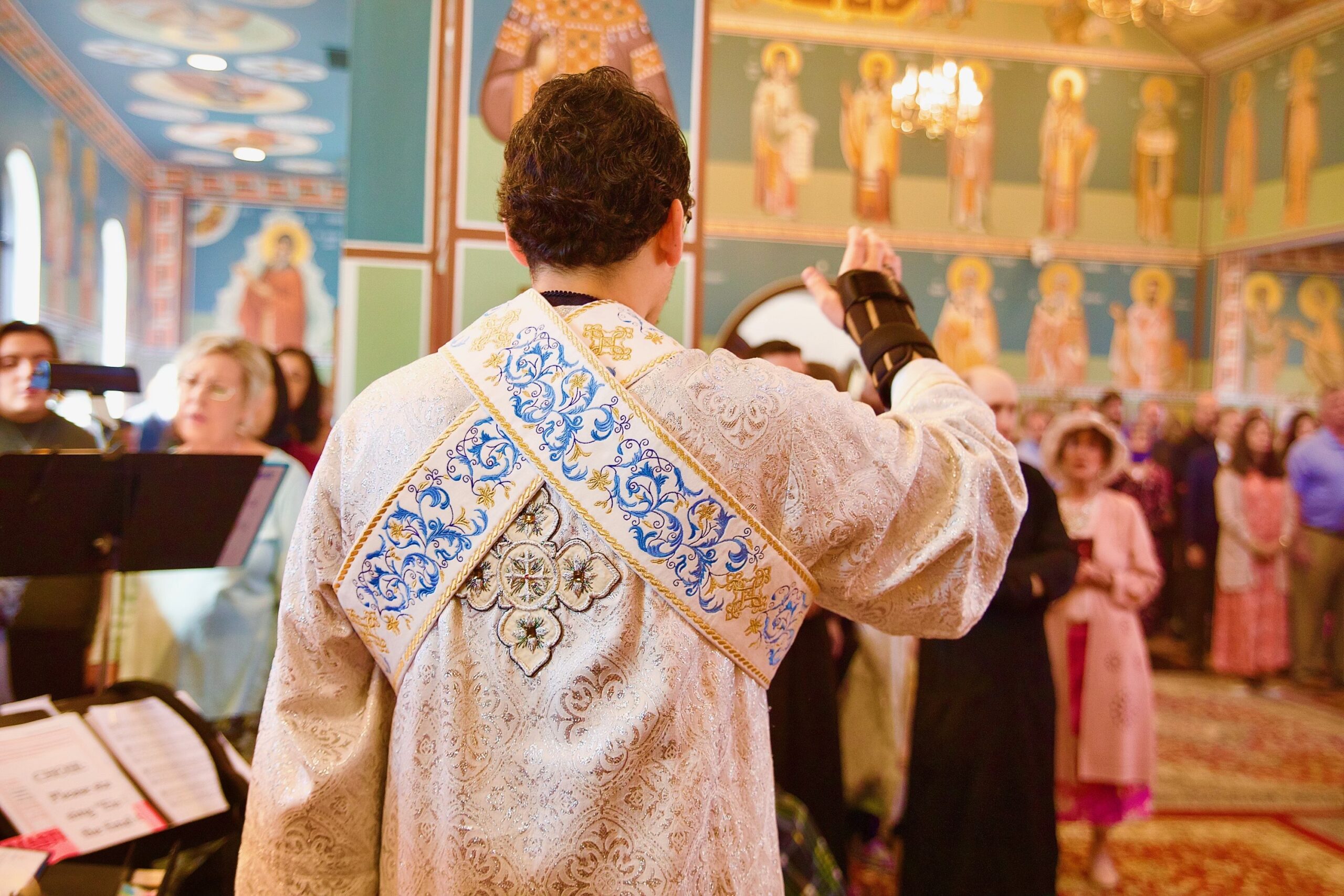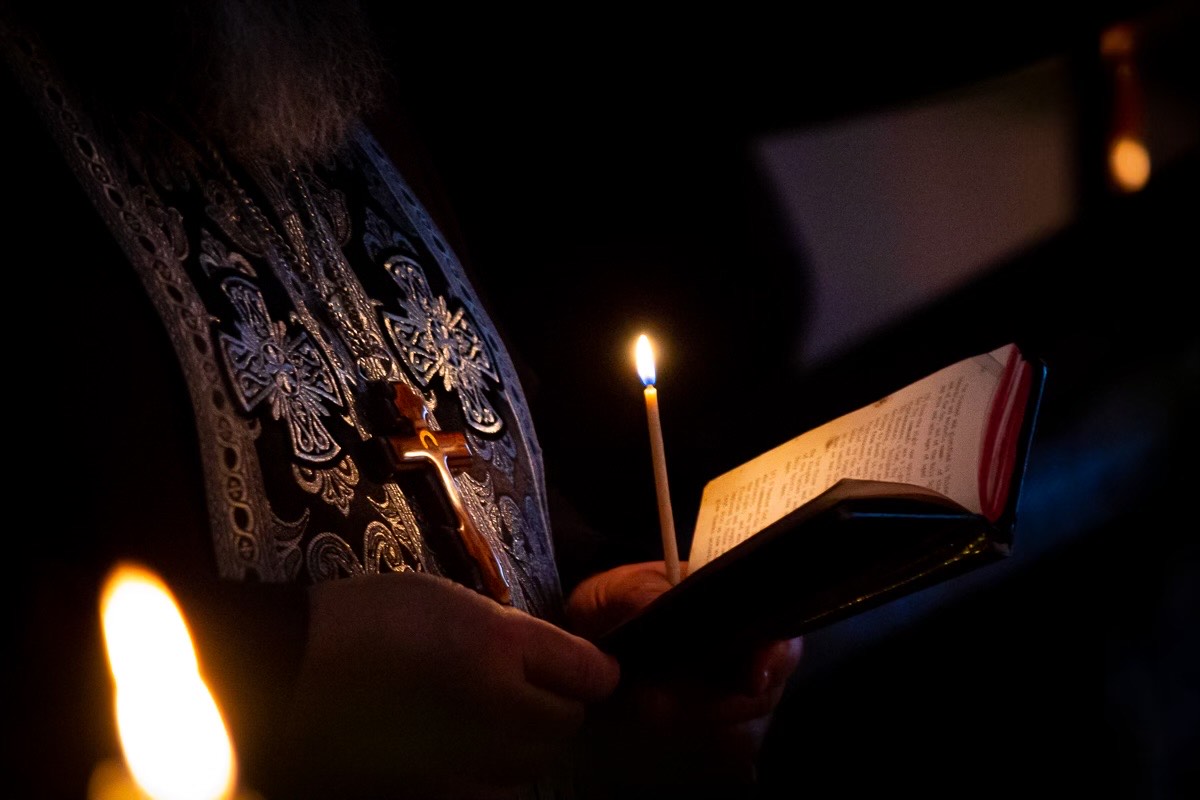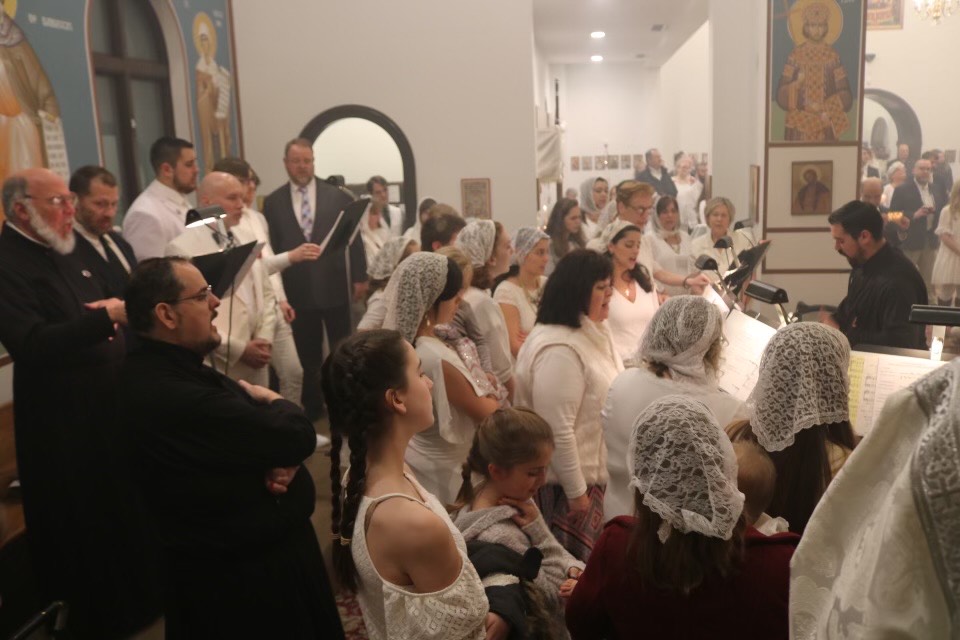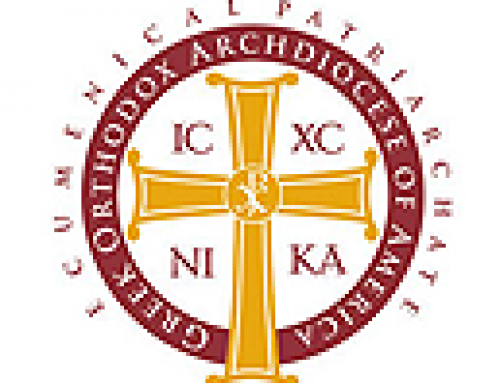This post was originally published on this site

When someone first enters an Orthodox Church, they are often struck by immense beauty: colorful iconography in the glow of a candle or lamp, bright vestments that adorn the clergy and the icon stands, the sweet fragrance of incense that instantly transports a person out of the world and into the heavenly spaces. But once a service begins, something else often draws the focus of those in the church: the hymnography, sung by a single chanter or a massive choir or any combination in between. The music of Orthodox worship, using only the human voice, draws a person in and immerses them completely in the service, such that, in the words of the emissaries of St. Vladimir, they “knew not whether [they] were in heaven or on earth.”

What makes the music and hymnography of Orthodox services so beautiful and important is precisely this union: music and hymnography. Because our music is exclusively vocal, there are no “interludes” or “musical breaks,” only the text of the hymn sung, in whatever arrangement, according to whatever musical system, by whatever combination of singers are present. The crucial feature is that the text itself, the prayer of the hymn, is conveyed by the beauty of the human voice to those worshipping. This characteristic is important because so much of our theology is expressed in our liturgical texts. To paraphrase the old adage, what we pray is what we believe, and the prayers prayed by the Church in its divine services speak to us in great detail about the saving dispensation of our Lord Jesus Christ, about His life, death, and glorious resurrection, about His Mother and His Saints.

To serve this end, the Texts for Liturgical Services provided by the Department of Liturgical Music and Translations are an invaluable resource to parishes in the OCA, who now have at their fingertips the sacred hymnography of Vespers and Divine Liturgy—and even Matins, in some cases—for every Sunday and many Feast days. These texts are provided free of charge and can be downloaded in an instant, taking considerable stress off of choir directors and priests who have so much on their plate already in preparing the services. Many of these texts are even set to music, so that those choirs who prefer to read from music, rather than pointed text, have such resources at their disposal.

This valuable service would not be possible without the generous support of the Stewards of the Orthodox Church in America. Your donations are immensely important to help these resources continue to be available. Become a steward by donating today, and help us continue our mission to enable beautiful services to be offered to the glory of God.
Fr. Phillip Ritchey
Project Lead, OCA Department of Liturgical Music and Translations
Associate Priest, St. Symeon Orthodox Church, Birmingham, AL


